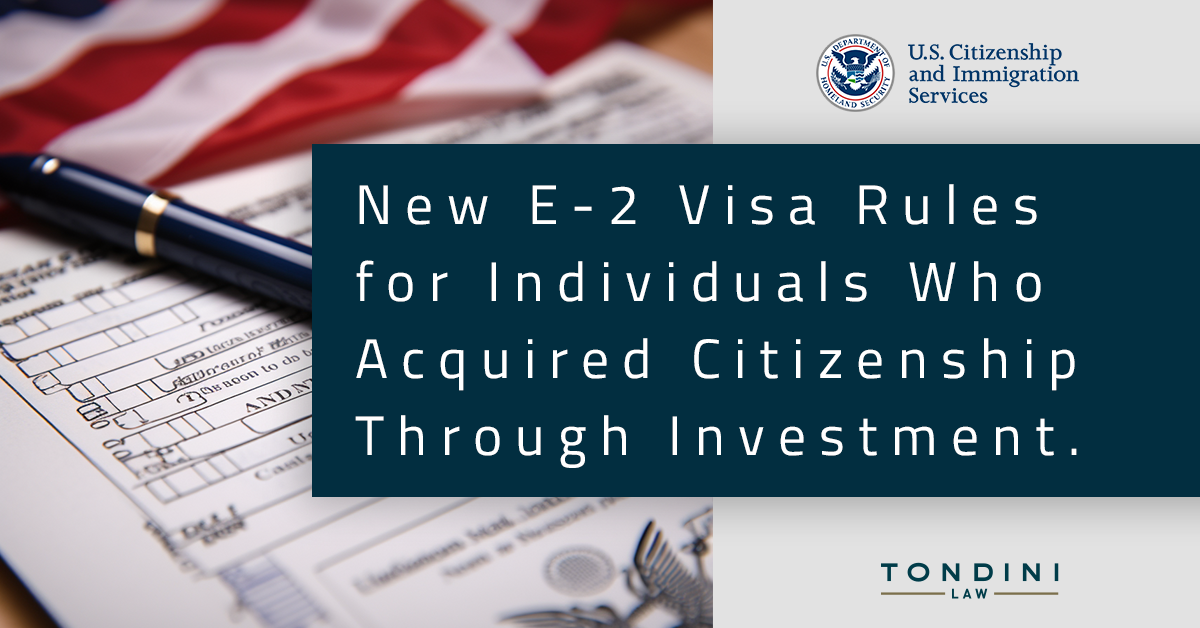What is Citizenship through Investment?
Citizenship through investment, also known as economic citizenship or citizenship by investment, is a process by which individuals can acquire citizenship of a foreign country by making a substantial financial investment in that country. The investment is typically made in exchange for a passport, which provides the individual with the right to live, work, and travel within the country and potentially other countries.
Citizenship through investment programs are typically offered by countries that are seeking to attract foreign investment and stimulate economic growth. These programs vary in terms of investment requirements, processing times, and benefits offered to investors.
Many countries around the world offer citizenship through investment programs, each with its own specific requirements and benefits. Some popular countries that offer citizenship through investment programs include Antigua and Barbuda, Australia, Austria, Bulgaria, Canada, Cyprus, Dominica, Grenada, Malta, Moldova, Montenegro, New Zealand, Portugal, Saint Kitts and Nevis, Saint Lucia, Turkey, United Kingdom
Some of these countries have a Treaty of commerce and navigation with the United States, allowing foreign citizens of countries, who do not have a treaty with the United States, to became eligible for E2 visa by acquiring citizenship through investment of a treaty count. The most popular programs are Canada, Grenada, Turkey, among others.
The specific investment requirements and benefits offered by each program vary widely, and it is important for individuals to thoroughly research the program and the country in question, and to consult with legal and financial professionals to understand the risks and benefits involved.
The investment required for citizenship can range from a few hundred thousand dollars to several million dollars, depending on the country and the specific program. Common investment options include real estate, government bonds, or a donation to a government fund.
It is important for individuals considering citizenship through investment to thoroughly research the program and the country in question, and to consult with legal and financial professionals to understand the risks and benefits involved.
Can individuals who acquired nationality of a treaty country through investment apply for E visa in the United States?
The short answer is yes, an individual who acquired nationality through investment in a treaty country may be eligible to apply for an E-1 or E2 visa to the United States. To qualify for an E-1 or E2 visa, an applicant must be a citizen of a treaty country and have invested a substantial amount of capital in a U.S. business that they will direct and develop and meet all the legal requirements for E2 visa or E-1 visa.
However, a new US Law affecting NEW E2 visa applicants who acquired a second nationality through investment in a treaty country was passed in December 2022.
On December 23, 2022, the James M. Inhofe National Defense Authorization Act (“Act”) for the FY 2023 was signed by President Biden and became effective. This law made two important changes to the E2 visa program.
- One important positive change is that now citizens of Portugal can apply for E1 Treaty Trader and E2 Treaty Investor visa. This is a great opportunity for all Portuguese citizens who want to come to the United States who may be trading in the US or would like to invest in the US.
- The second important change is that individuals who acquired citizenship through investment of a treaty country, must demonstrate that they have physically resided in that country for a continuous period of at least 3 years before you can apply for an E visa.
Before the Act above went into effect, there was no official requirement that the individual applicant needed to reside in, that country where the investment was made, for any period of time before applying for an E-2 visa.
Because of this change in law, consular officers will request documentation to the E visa applicant that he or she has lived in that country (Grenada, Turkey, etc.) for a continuous period of 3 years.
